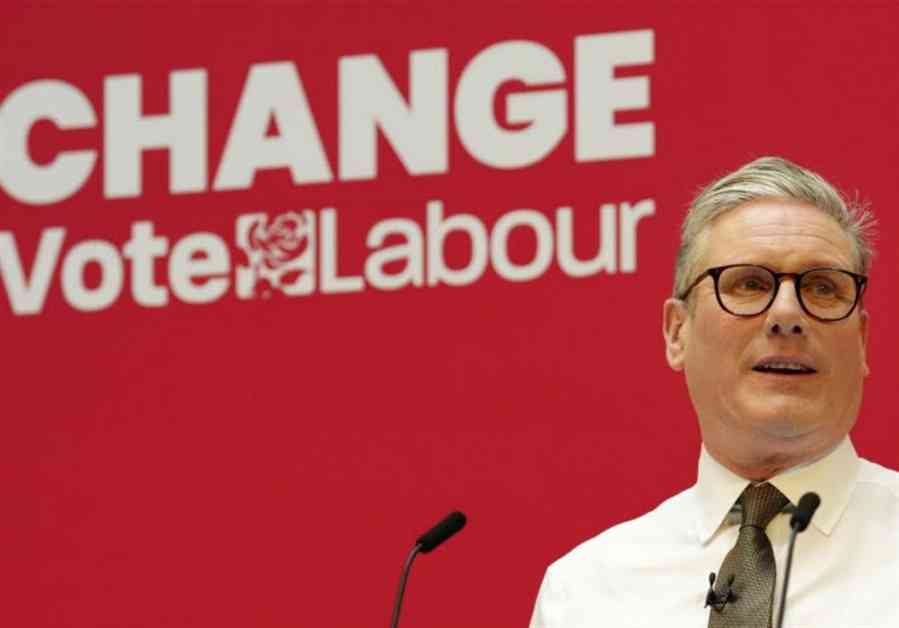According to a joint exit poll from BBC, ITV, and Sky News, the Labour Party is predicted to win a massive victory in the UK general election. The poll suggests that Labour could secure 410 seats, which would be the most by any party since 2001. In contrast, the Conservatives are expected to be routed, with only 131 seats, the fewest they have had since the party was founded in 1834.
The other parties in the exit poll results include the Liberal Democrats with 61 seats, Reform UK with 13 seats, SNP with 10 seats, and the Greens with 2 seats. It’s important to note that these numbers are based on exit polls and may not be the final results. Actual results will be known in the hours ahead as votes are counted.
Even though there will be a lot of analysis and speculation from experts and pundits in the coming days, the overall picture is clear – a landslide victory for the Labour Party. With such a large majority in parliament, Labour will have a strong mandate to govern. Sir Keir Starmer is on track to become the UK’s 58th prime minister, leading the country into a new era of governance.
The financial markets have shown little reaction to the exit poll results, with the GBP remaining relatively stable. Investors will be keeping a close eye on how the new government shapes its economic policies and handles the challenges facing the UK post-Brexit.
As the country awaits the official election results, the focus will be on how the new government plans to address issues such as the economy, healthcare, education, and climate change. The Labour Party’s victory could signal a shift in priorities and policies, potentially bringing about significant changes in the UK’s political landscape.
Overall, the exit poll results point to a decisive win for the Labour Party and a significant change in the UK’s political leadership. The coming days will reveal the full extent of the election results and what they mean for the future of the country.

















